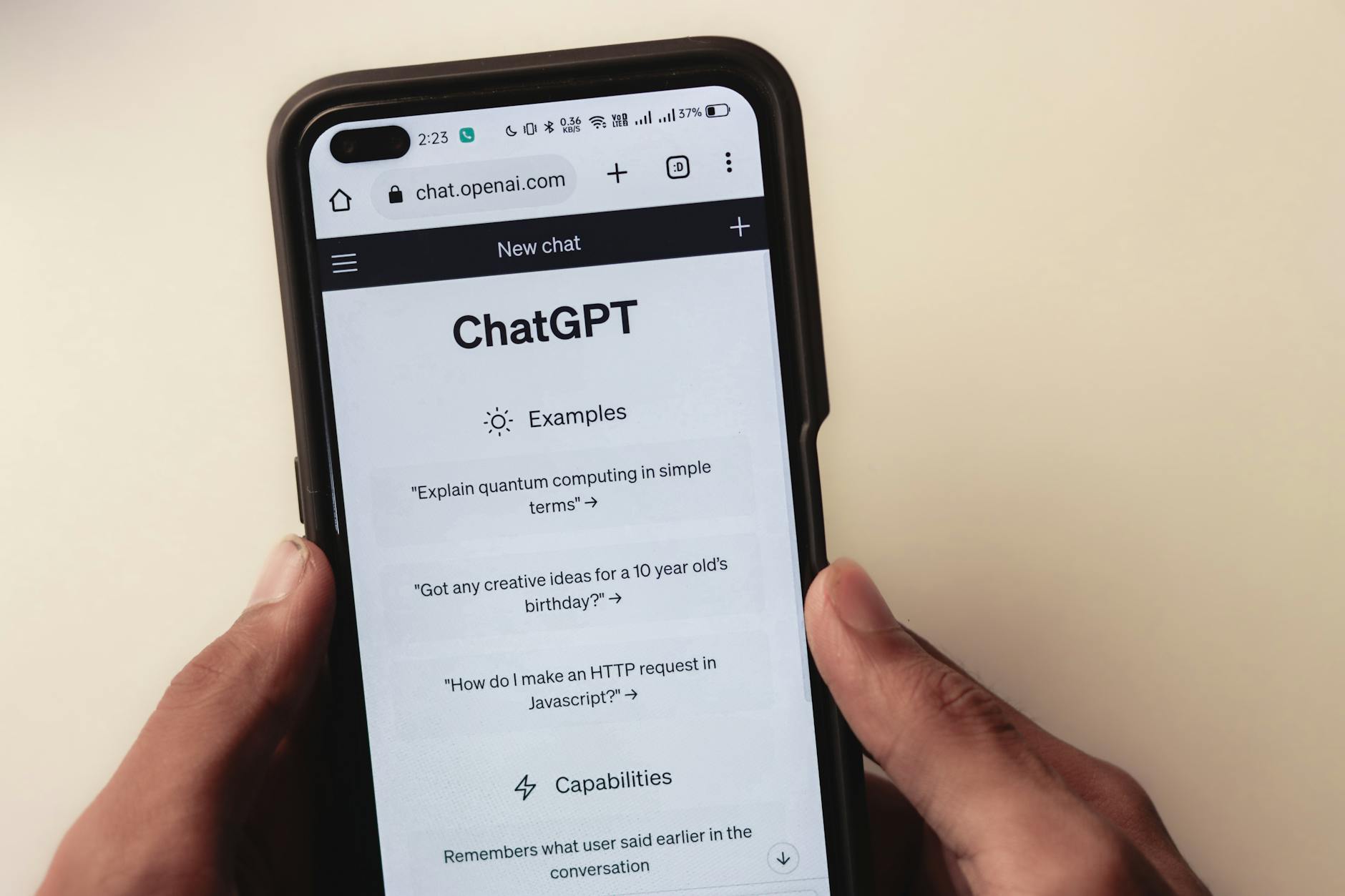AI Code Editing Hits Warp Speed with Morph | ChatGPT Eyes Education, New Router Model Boosts Efficiency

Key Takeaways
- Morph, a new YC-backed startup, has launched a “Fast Apply” model capable of inserting AI-generated code edits at 4,500+ tokens/sec, significantly accelerating developer workflows and reducing costs associated with slow, full-file rewrites.
- ChatGPT is reportedly testing a new “Study Together” feature, designed to make the AI a more interactive educational tool by prompting users with questions rather than just providing direct answers.
- Katanemo Labs unveiled a 1.5B router model that achieves 93% accuracy in aligning LLM outputs with human preferences without requiring costly retraining, signaling advancements in LLM efficiency and adaptability.
- New research focuses on “Overclocking LLM Reasoning” by monitoring and controlling thinking path lengths, while Google AI is exploring new tools for mental health research and treatment.
Main Developments
The realm of artificial intelligence continues its rapid evolution, with today’s headlines highlighting a significant leap in developer productivity, a strategic pivot for educational AI, and ongoing advancements in model efficiency. Leading the charge is Morph, a YC S23 startup that has launched its “Fast Apply” model, promising to revolutionize how AI-generated code edits are integrated into existing files.
Addressing a critical bottleneck in AI-assisted coding – the slow, error-prone nature of current methods like full-file rewrites or brittle search-and-replace hacks – Morph boasts an astounding application speed of 4,500+ tokens per second. This is achieved by having AI agents output “lazy edits” that reference unmodified lines, which Morph then instantly applies using its Fast Apply model combined with speculative decoding. This innovative approach, inspired by Cursor but offered as an accessible API, aims to make AI patches fast, reliable, and production-ready. The company’s “hot takes” suggest a future where raw inference speed trumps marginal accuracy gains for developer experience, and specialized, inference-optimized models will increasingly handle tasks that frontier models deem too “simple,” thereby reducing cost and enhancing reliability.
Beyond the developer’s desk, OpenAI’s ChatGPT appears to be quietly exploring new horizons in education. Reports from subscribers indicate the testing of a mysterious “Study Together” feature. Unlike its typical role of providing answers, this mode reportedly shifts the dynamic, prompting the user with questions and requiring them to formulate responses. This experimental feature suggests OpenAI’s intent to position ChatGPT not just as an answer engine, but as an interactive learning companion, potentially rivaling Google’s own educational initiatives.
Meanwhile, the quest for more efficient and adaptable large language models continues. Katanemo Labs has announced a new 1.5 billion parameter router model that can achieve an impressive 93% accuracy in aligning LLM outputs with human preferences. Crucially, this is accomplished without the need for costly retraining of the core models, offering a significant advantage in terms of resource utilization and model deployment agility. This development underscores the growing importance of “meta-models” that can intelligently manage and optimize the outputs of other LLMs. Further research in this vein is evident in the article “Overclocking LLM Reasoning,” which delves into monitoring and controlling the thinking path lengths of LLMs, aiming to enhance their reasoning capabilities and efficiency.
Finally, on a more humanitarian front, Google AI has revealed its commitment to leveraging artificial intelligence for mental health research and treatment. While specific tools were not detailed, the announcement highlights the increasing application of AI technologies to address complex societal challenges, signaling a broader push beyond enterprise and consumer applications into critical domains like healthcare.
Analyst’s View
Today’s AI news paints a clear picture: the industry is rapidly maturing beyond the “bigger model is better” paradigm. The emergence of Morph’s hyper-fast code editing solution is particularly telling. It signifies a critical shift where user experience, integration, and specialized efficiency are becoming paramount. Developers don’t just need powerful AI; they need AI that integrates seamlessly and performs at human-like speeds to truly augment their workflow. This emphasis on “Fast Apply” and specific task optimization suggests that the future of AI will increasingly involve purpose-built models handling granular tasks, leaving the “frontier models” to tackle the most complex, abstract problems. Expect more companies to focus on vertical-specific AI, optimizing for speed, cost, and reliability within niche applications. The “Study Together” feature hints at AI’s evolving role from mere information provision to active, interactive engagement, particularly in sectors like education and potentially even healthcare, where Google’s latest announcement is a precursor. The next frontier isn’t just about raw intelligence, but about intelligent integration and application.
Source Material
- Launch HN: Morph (YC S23) – Apply AI code edits at 4,500 tokens/sec (Hacker News (AI Search))
- New 1.5B router model achieves 93% accuracy without costly retraining (VentureBeat AI)
- Overclocking LLM Reasoning: Monitoring and Controlling LLM Thinking Path Lengths (Hacker News (AI Search))
- ChatGPT is testing a mysterious new feature called ‘study together’ (TechCrunch AI)
- New AI tools for mental health research and treatment (Google AI Blog)